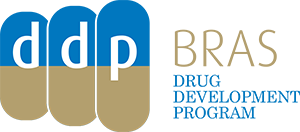Phase l
Clinical Trials
A large part of the BRAS Drug Development Program’s work is focused on clinical trials which include early phase l, phase ll and phase lll drug trials. The team targets not only common cancers, but also the toughest and rarest cancers with new leading-edge drugs.
The Phase l program, which has a staff of 50, including outstanding physicians and researchers, and is led by five incredibly talented Principal Investigators: Drs. Lillian Siu; Philippe Bedard; Aaron Hansen; Anna Spreafico and Albiruni Raza. Every day they work together to design the next generation of clinical trials. And every clinical trial helps them understand how cancer begins, grows and ultimately, how it can be stopped.

What is a clinical trial?
Clinical trials are important in science and research because they are the most rigorous way to answer two important questions. Is a new drug or a new treatment safe and is a new drug or a new treatment better than the existing standard of care? Clinical trials help in making critical advances in cancer research.
Let me give you a day-to-day example: You have come up with what you think is an amazing recipe that everyone will love. In phase l, you fine tune the recipe by figuring how much salt and pepper you need to add and making sure the portion size is right before its ready for public tasting. Phase ll, you invite a few family friends to your house to try the new recipe and see if it is well received. In phase lll, you enter your dish into a cooking competition to see if it is a winner, better than anything else out there!
What is a new finding?
A new finding is a new piece of information that scientists discover in the laboratory or through a clinical trial. Or it is a new observation, that researchers discover by looking through the health records of a large patient population. Most new findings require confirmation to make sure they are real and can be reproduced. At the Princess Margaret Cancer Centre, researchers and doctors frequently come up with new findings that are considered important to the field of cancer research.
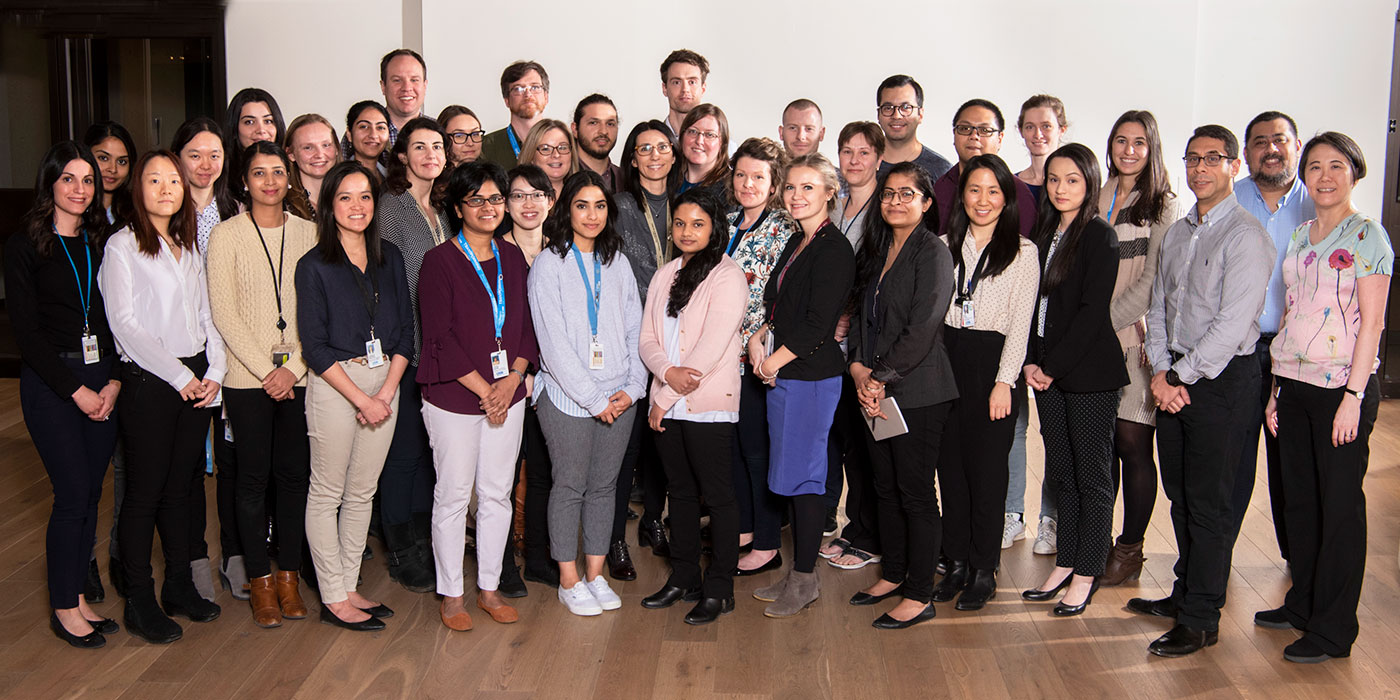
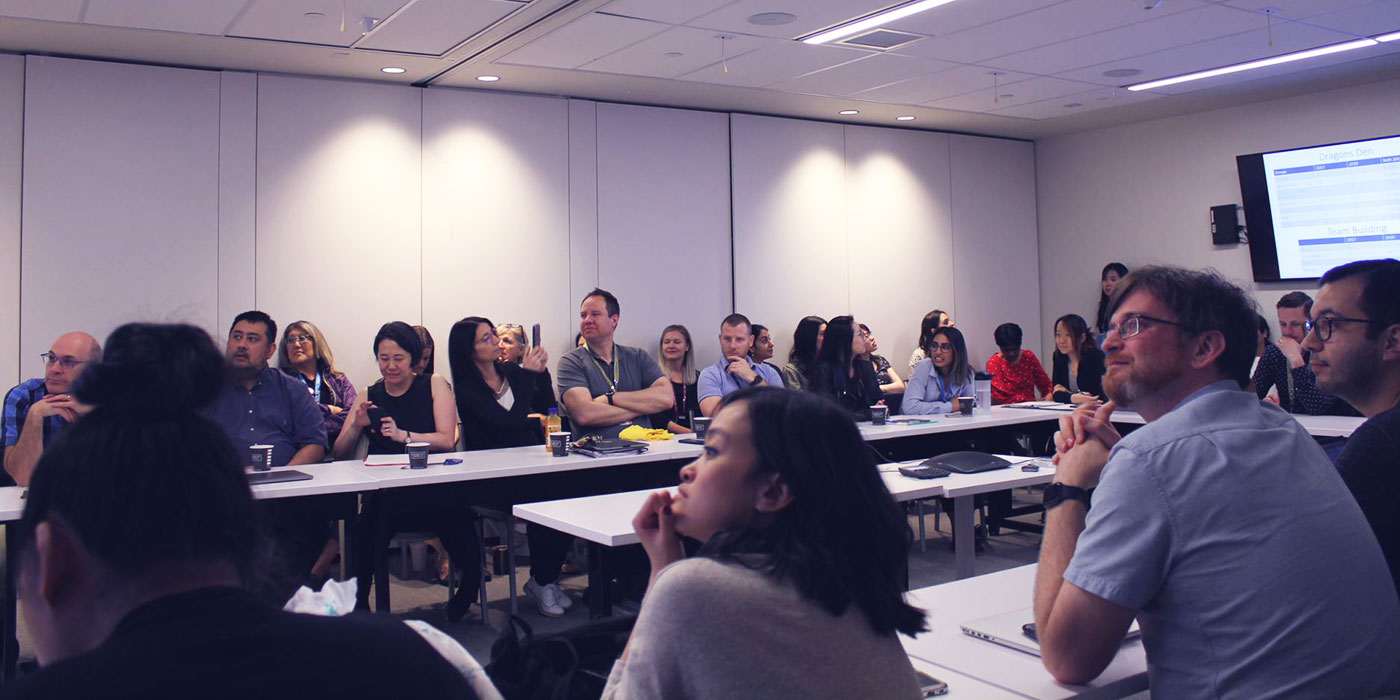
-
We have an excellent referral base because we have a big catchment area at Princess Margaret. We have the right science, we have the experts, and we have the support of the Institution who consider this an important program. All this together, plus the spirit of the Phase l Program, I think has taken it very far.
 Dr. Lillian SiuDirector Phase l Program
Dr. Lillian SiuDirector Phase l Program -
As a member of the Bras Drug Development Program family, I remain inspired by the outstanding physicians and researchers who are working together to overcome this disease. Each day, we work together to design the next-generation of cutting-edge clinical trials that are helping us understand how cancer begins, grows and ultimately, how we can stop it.
 Dr. Stephanie Lheureux MD, PhD
Dr. Stephanie Lheureux MD, PhD -
The Bras Drug Development Phase l Program has been instrumental in providing data from first-in-class and first-in-human studies that has laid the foundation for the subsequent development of many anti-cancer agents, some of which are now considered the standard of care in several cancer types. This is a strong clinical translational program that has had a major influence on early phase clinical trials in Canada and trained many leaders.
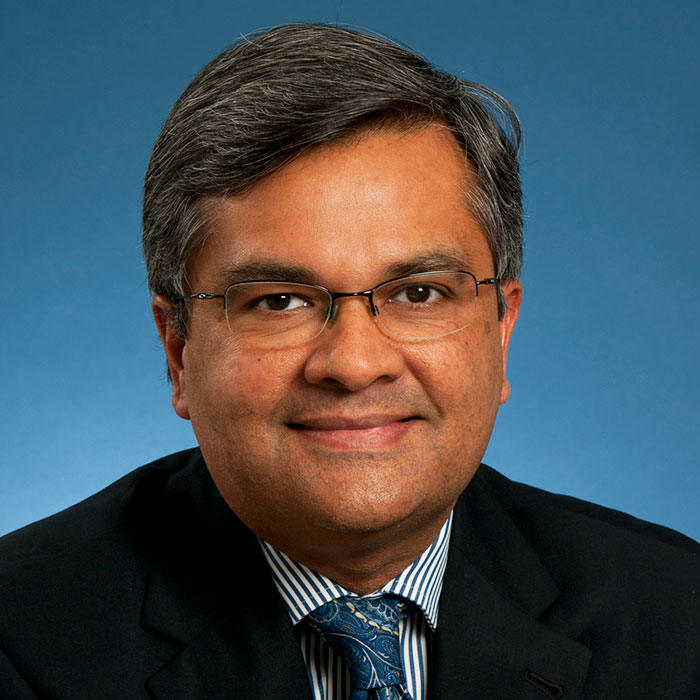 Dr. Amit OzaDirector of the BRAS DDP
Dr. Amit OzaDirector of the BRAS DDP -
I could never have envisioned building a program quite like this,” Lillian admits. “Everybody feels such purpose. They know what they’re doing is important and they don’t want to fail anyone: patients, colleagues, or the program. They don’t want it to lose its cohesiveness, its quality. It’s definitely considered one of the top programs, not just in terms of science and research, but in terms of operational efficiency, quality and high standards. And yes, I’m saying this because it’s ours, but I think if you asked our peers, they would say the same.
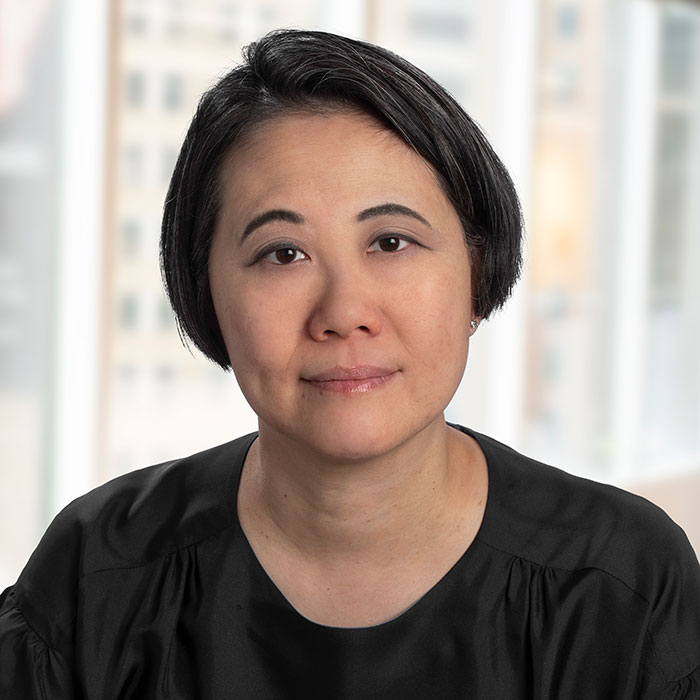 Dr. Lillian SiuDirector Phase l Program
Dr. Lillian SiuDirector Phase l Program -
The dedication of our physicians, nurses and staff continues to be my driving motivation for changing how we understand this disease. Importantly, it is my patients that remain my inspiration and my daily reminder that better is a choice. Every day we must choose to do better, so that we ask better questions and ultimately, do better for our patients. This is what they deserve and what we are joined by as a community of researchers.
 Dr. Stephanie Lheureux MD, PhD
Dr. Stephanie Lheureux MD, PhD -
First, what has the Bras Drug Development Program achieved over the past 20 years? Yes, it’s 20 years! The program which started with four doctors and a manager, has grown into Canada’s largest and premier drug development program with 10 doctors and more than 80 staff including: nurses, coordinators, managers, fellows, and scientists. Importantly, the group has treated more than 5000 patients on over 200 clinical trials, developed and led by Bras DDP investigators from Princess Margaret and consortium sites throughout Canada.
 Dr. Amit OzaDirector of the BRAS DDP
Dr. Amit OzaDirector of the BRAS DDP
